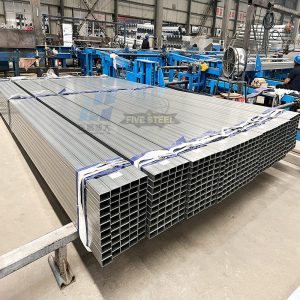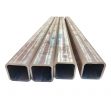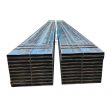Global economic and trade frictions mainly involve steel and steel products
In recent years, global economic and trade frictions have become a hot topic, with many countries engaged in contentious trade negotiations and disputes. One of the industries that has been particularly affected by these frictions is the steel industry, which plays a crucial role in global trade and economic development. Gi square steel pipe is a key raw material in various industries, including construction, automobile manufacturing, and manufacturing of machinery and equipment. As a result, steel products are traded globally, with imports and exports playing a significant role in the steel industry’s supply chain.
However, in recent years, steel and steel products have become a flashpoint in global trade negotiations and disputes. Countries such as the United States, China, and India have accused each other of dumping steel products into their markets, resulting in significant oversupply and price wars. These accusations are based on the belief that some countries are selling steel products at prices lower than production costs, which is considered dumping. This practice is seen as unfair competition that can destabilize the global steel market and harm local structural steel pipe suppliers.

In response to these accusations, countries have taken measures such as tariffs and quotas to limit imports of steel products. These measures are designed to protect local steel producers from unfair competition and ensure the stability of the steel market. However, such measures can have negative consequences for global trade and economic development. Tariffs and quotas can raise prices for steel products like rectangular steel pipe, leading to increased costs for consumers and businesses. They can also disrupt supply chains and harm the global economy by reducing trade flows and slowing economic growth. Moreover, the steel industry is a highly competitive industry with low profit margins. As a result, tariffs and quotas can have a significant impact on the profitability of steel companies and may force them to lay off workers or even go bankrupt.
In conclusion, global economic and trade frictions involving steel and steel products are a complex issue that requires careful consideration and negotiation. Countries need to work together to ensure fair competition in the steel market while also protecting local steel producers from unfair practices. Tariffs and quotas should be used sparingly and only as a last resort, while promoting more sustainable solutions such as increased domestic production of high-quality thinner wall steel pipe, improved energy efficiency, and development of new technologies that can reduce the environmental impact of the steel industry.
Tel: +86 18202256900 Email: steel@tjdpbd.com








